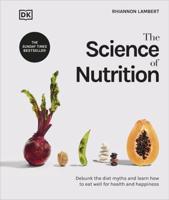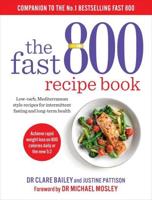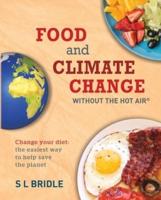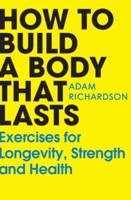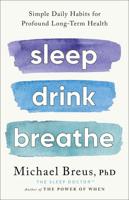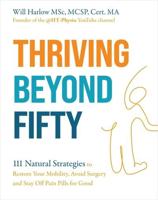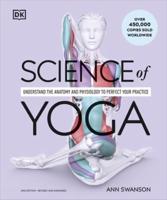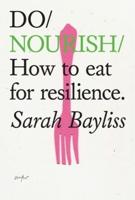Publisher's Synopsis
A vegan diet contains no animal products. Unlike some vegetarians, vegans don't eat eggs or dairy products. Those on a vegan diet also avoid animal-based ingredients like gelatin, which is made from bones and hides.Is being "plant-based" or vegetarian the same as being vegan? Not always. Although the terms are sometimes used interchangeably, they mean different things.Also, a vegan or vegetarian diet is not automatically a nutritious diet. For instance, white bread, cane sugar, refined flour crackers, and desserts can all be vegan or vegetarian.Definitions of plant-based diets vary. Although they all focus on vegetables and other plants, some may include small amounts of animal foods.People typically choose a plant-based way of eating for health, environmental, or ethical reasons.For some or all of these same reasons, vegans do not use animal products, including clothing and other items made from animals, like wool, leather, or suede.Eating both low carb and vegan may sound strange at first. Vegan diets have no animal products and may be relatively low in fat while being high in carbs. Keto or low-carb diets typically include animal products and provide plenty of fat with very few carbs.But you can stay vegan while experiencing the benefits of living a low-carb life. One of these benefits is feeling less hungry, which can lead to greater weight loss compared to other diets.Other low-carb benefits are better control of diabetes and insulin resistance, blood pressure reduction, and many others you can read about in our guide to the science of low carb.Note: We don't think that eating animal products is necessarily unhealthy. You can learn more about this in our guides to red meat, dairy, and saturated fat. However, we do want to help everyone, whether they choose to eat animal products or not.

